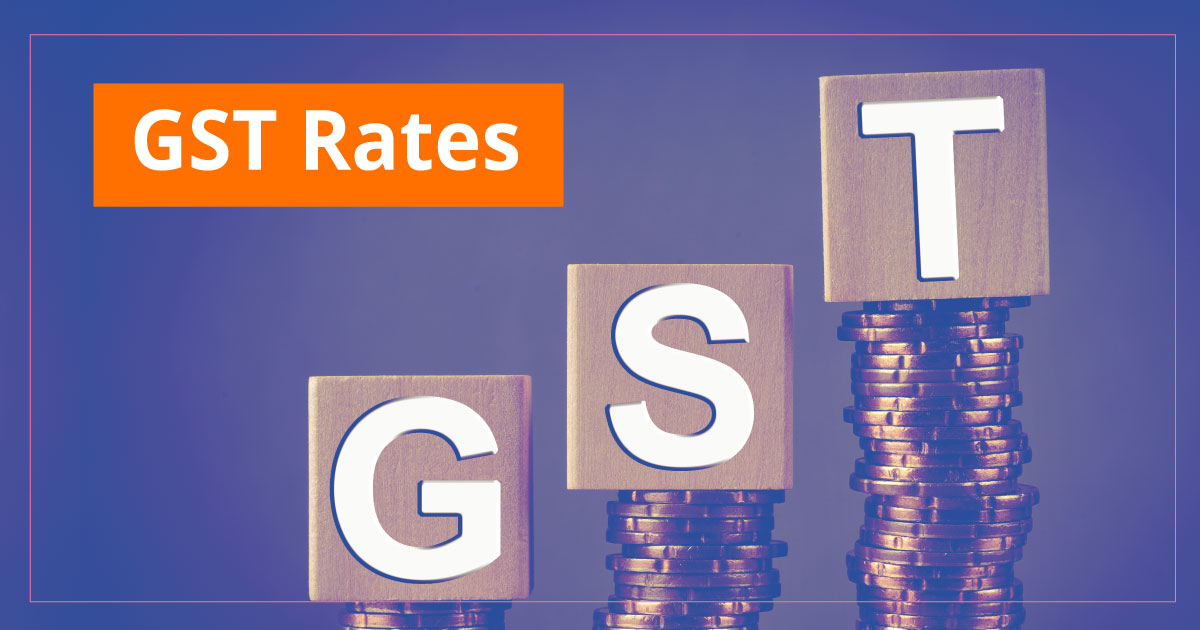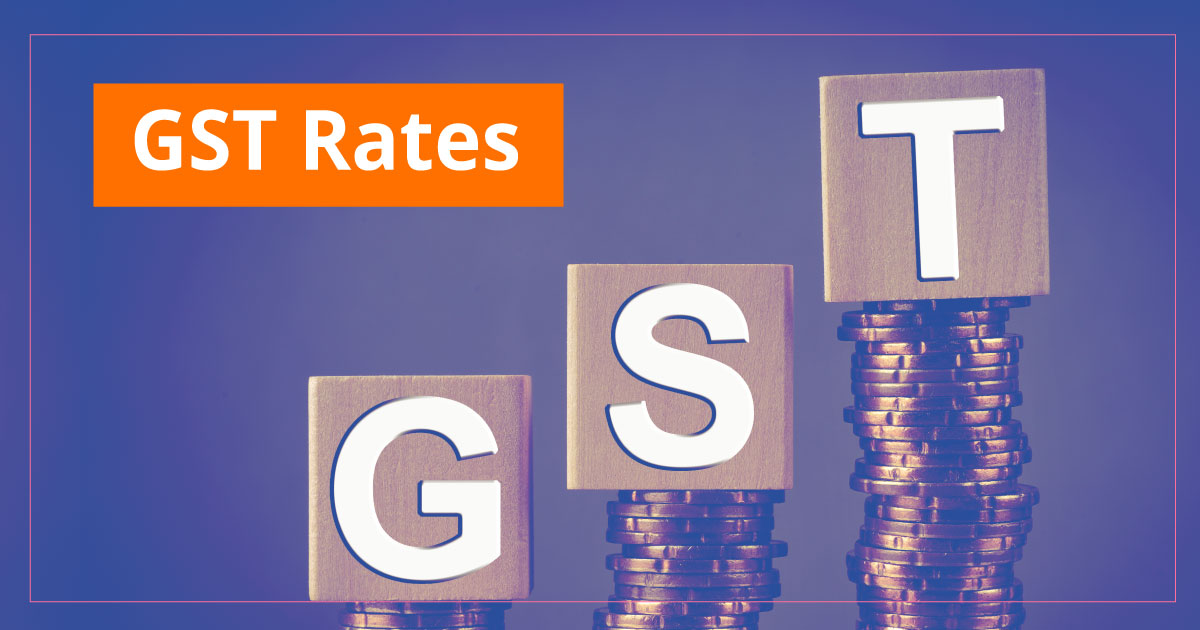Inflation fears: GST rates overhaul unlikely in FY23
The Goods and Services Tax (GST) Council is unlikely to go in for an overhaul of the tax slabs in the current financial year, according to an official source.
High inflation has reduced the urgency of the exercise because the objective of revenue neutral rate (RNR) will inevitably lead to higher rates for a large number of items and potentially jack up their prices, the source added. Even though the group of ministers (GoM) on rates rationalisation headed by Karnataka chief minister Basavaraj Bommai is required to submit report by end-September, it has not met even once so far since June-end, when its tenure was extended for the third time. The official cited the large number of representations received by the government against the rate hikes for pre-packaged and labelled food items to point out that more rate hikes will be difficult to implement at this juncture.
Recently, the GST Council’s decision to extend GST to prepackaged and labelled food items was opposed by many including some states, as it “could inflate the cost of essentials.” The 5% GST which applied to branded packaged products weighing up to 25kg, was extended to labelled and prepackaged products from July 18.
Inflation based on the consumer price index (CPI) rose to 7% in August from 6.71% in the previous month, remaining above the Reserve Bank of India’s medium-term target of 2-6% for an eighth straight month. The GoM, which was set up in September last year, was then tasked to submit its report in two months. In December, the group was given further time till March-end. In June, it gave an interim report to remove some exemptions and inversions. On June 29, the GST Council approved the removal of a host of tax exemptions and raised rates for a larger number of mass-consumption items to remove anomalies and inversion.
Besides inflation, upcoming assembly elections in Gujarat and Himachal in November-December and early 2023 in Karnataka could further limit the scope of such removal of exemptions or inversions as well.
Education and healthcare are the two big sectors, which are currently exempt from GST. One has to see if the government is in a position now to tax at these at this juncture. In the last Council meeting, a 5% levy without input tax credit on hospital rooms with rent above Rs 5,000 was imposed, keeping in mind the affordability of patients.
Revenue secretary Tarun Bajaj had said recently that the government may continue with the highest GST slab of 28% on luxury/sin goods while exploring the possibility of reducing the remaining three major slabs –5%, 12% and 18% – to two.
There is also a special 3% rate for gold, jewellery and precious stones and 1.5% on cut and polished diamonds.
As per an RBI study, the weighted average tax rate under the GST has come down to 11.6%, from 14.4% at the time of its launch as against the RNR of 15.5%.
The GoM’s mandate is to review the current tax slab rates and recommend changes as needed to garner more resources. With rate rejig virtually on hold, the GST Council will further stress scrutiny and audit based on risk assessment to further augment GST revenues, which have increased averaged monthly collections to Rs 1.49 trillion/month in the first five months of the current financial year compared with Rs 1.23 trillion/month in full FY22. Higher collections will also aid states after the end of the five-year guaranteed GST shortfall compensation mechanism on June 30.
Source from: https://www.financialexpress.com/economy/inflation-fears-gst-rates-overhaul-unlikely-in-fy23/2672636/





